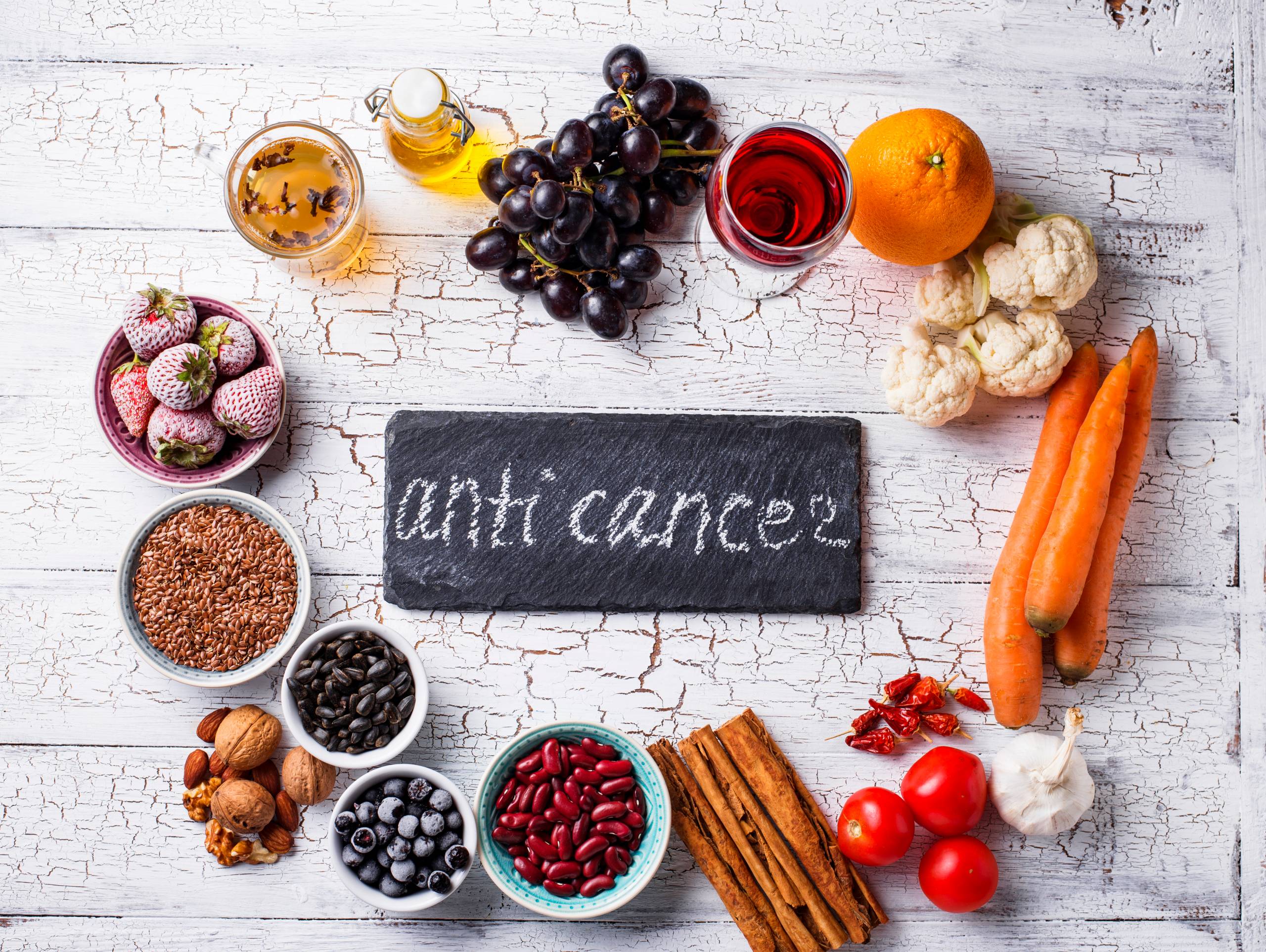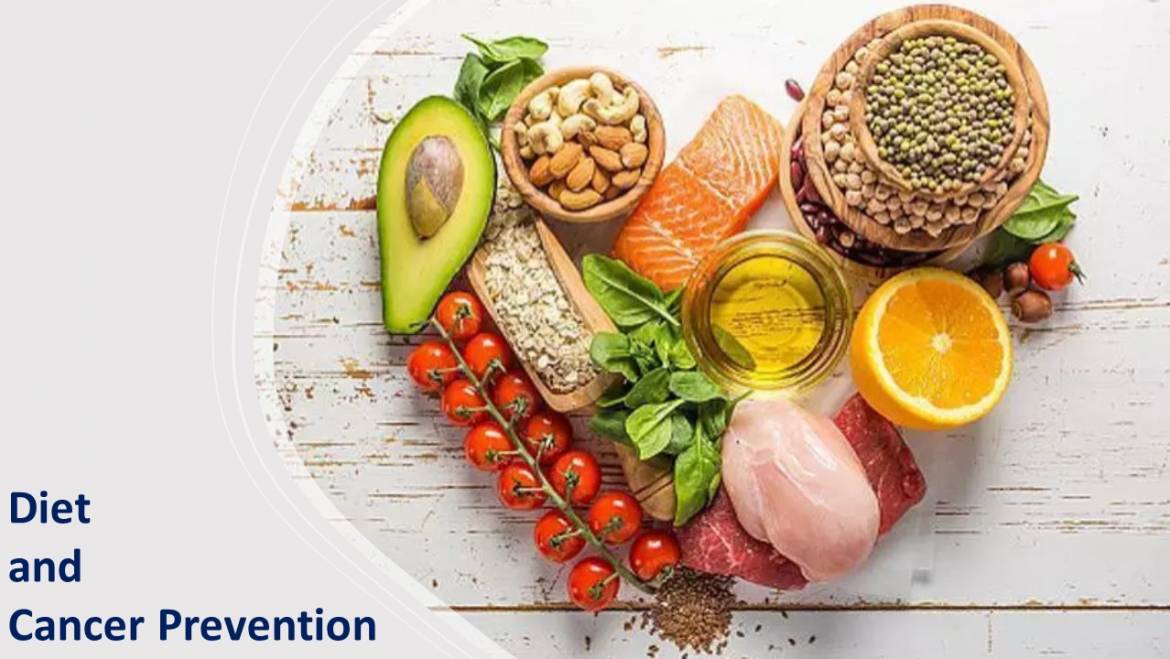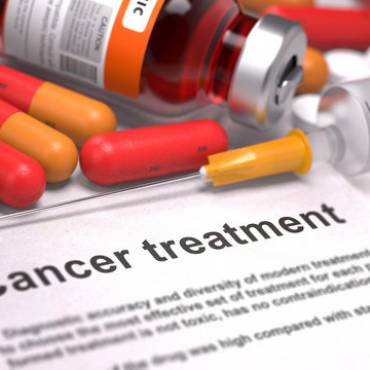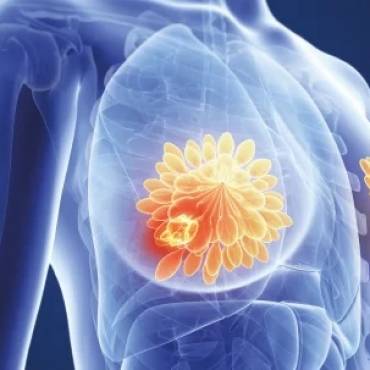Diet represents around 30 to 35% of the risk factors that give rise to the onset of cancer. Certain foods and dietary patterns have been associated with the risk of various cancers. However, data are inconsistent for many foods, and the associations with cancer risk are still unclear. This blog discusses the concerns about this issue and other important information you should know.
Cancer is a disease characterized majorly by loss of genetic control of cell growth and multiplication. It is a genetic condition, but lifestyle and environmental factors are majorly responsible for the factors originating the disease process. These factors include diet, tobacco consumption, excessive body weight, alcohol consumption, physical inactivity, obesity, or sun exposure, which means cancer prevention has great potential.
In association with modifiable lifestyle factors, there is evidence that nutrition, diet, and other related factors such as physical activity, alcohol consumption, or obesity have an important impact on cancer risk. However, despite several years of research, the scientific evidence of the effect of many specific foods and nutrients on cancer is still inadequate, and attempts to conclude have been hampered. Research studies were designed to investigate the relationship between diet and cancer and other chronic disorders.
A positive approach to lifestyle changes can significantly reduce the cancer burden.

Obesity and cancer: What’s the connection?
According to The American Cancer Society, one out of every five deaths in the United States is due to the preventable factors of overweight or obesity, excessive alcohol consumption, poor diet, and sedentary behavior. Indeed, overweight and obesity are associated with an increased risk of many types of cancer. If data is to be believed, approximately two-thirds of Americans are overweight or obese. However, one of the major factors in cancer prevention is maintaining a healthy weight throughout life. Weight maintenance can be obtained by balancing caloric intake from food and beverages with physical activity.
The American cancer society suggests avoiding excess weight gain by reducing food portion sizes and limiting snack intake between meals. Limiting foods and beverages with high-calorie content, added sugars and fats that lack healthful nutrients is also important. Furthermore, having regular physical activity promotes a healthy weight.
Dietary Guidelines for cancer prevention
A healthy diet, healthy weight maintenance, and reduced exposure to carcinogens present in food can assist with cancer prevention. Here is the list that contains key dietary factors to support these goals.
-
- Increase consumption of fruits, vegetables, legumes, and whole grains.
- Limit the consumption of salty and smoked foods.
- Reduce intake of red meat and processed food.
- Limit the use of alcoholic beverages and avoid sugary drinks.
These recommendations may help decrease the risk, particularly if there is an increased risk for cancer, especially if there is an increased risk due to other factors such as genetics. Following these guidelines also reduces the risk for other chronic conditions. For more information related to the side effects of cancer on eating behaviors, contact a doctor.
Grains help to protect against cancer!
The American Cancer Society recommends a plant-based diet along with a limited intake of meat and alcohol. Fruits, vegetables, legumes, and whole grains contain specific nutrients and food constituents that may act as an anti-cancer substance when consumed in amounts found in a varied diet. Incorporating these plant foods in your diet also supports healthy weight maintenance, crucial for cancer prevention.
Reduce consumption of processed meat and red meat
Increased meat consumption has been shown to cause a significant increase in the risk of cancer through contact with certain substances responsible for causing cancer during cooking and processing methods. Intake of such foods may lead to weight gain, increasing cancer risk. According to reports by the WHO, processed meat is carcinogenic to humans, and red meat is probably carcinogenic. Excessive consumption of processed (bacon and hot dogs) and red meats (pork, beef, and lamb) may increase pancreatic, stomach, and overall cancer mortality. Furthermore, processed and red meat are high in fat and saturated fat, which is linked to obesity and cancer risk.
Salty foods and stomach cancer
Pickled and other salty foods are more likely to increase one’s risk of stomach cancer, especially when consumed in large quantities. Research studies have shown a close association between salt intake and gastric cancer.
Avoid sugar-sweetened beverages!
Sugar-sweetened beverages such as energy and soft drinks are high in calories and added sugars but lack healthy nutrients such as minerals and vitamins. Consumption of such beverages contributes to obesity-related increased cancer risk. Try to consume more water or other healthy beverages instead of sugar-sweetened drinks.
Making the right decision about cancer treatment
After a cancer diagnosis, people with cancer, their family members, and loved ones need to make a few decisions about medical treatment. Unless you are facing an emergency, take time to find the right option, ask questions to your doctor and talk with family and friends.
Decisions related to cancer treatment are quite personal, and you need to feel comfortable about your choices. Generally, the treatment plan will depend on the type of cancer and its stage diagnosis. Cancer treatment options include surgery, chemotherapy (using cancer tablets to kill cancer cells), radiation therapy (using energy beams to destroy cancer cells), bone marrow transplant, immunotherapy, hormone therapy, etc. Sometimes a combination of treatments, including surgery and anticancer medicines, kills cancer cells. Medications for cancer are easily assessable online, and you can buy anticancer drugs online at best price. Treatment aims to cure cancer, allowing the patient to live a normal life. If a cure isn’t possible, treatment, including anticancer medicine, may be used to shrink or slow the growth of your cancer. Cancer treatment medicines and proper care helps a patient to live cancer symptoms-free for a long.
Summary
A plant-based diet low in fat may cause a significant reduction in the risk of cancer, particularly in individuals at increased risk. The American cancer society suggests maintaining a healthy weight throughout life. A healthy diet and regular physical activity are key to healthy weight maintenance. Moreover, to destroy cancer cells, buy cancer treatment pills as directed by your doctor.
Also Read: Are anticancer drugs the future of cancer treatment?
admin
Latest posts by admin (see all)
- What is Triluma Cream? Uses, Benefits, and How It Works for Skin - December 26, 2024
- What Causes Dark Spots? Understanding the Science of Hyperpigmentation and How Skin Lightening Products Help - December 26, 2024
- Tretinoin Gel vs. Cream: Which Formulation is Right for Your Skin? - December 20, 2024



